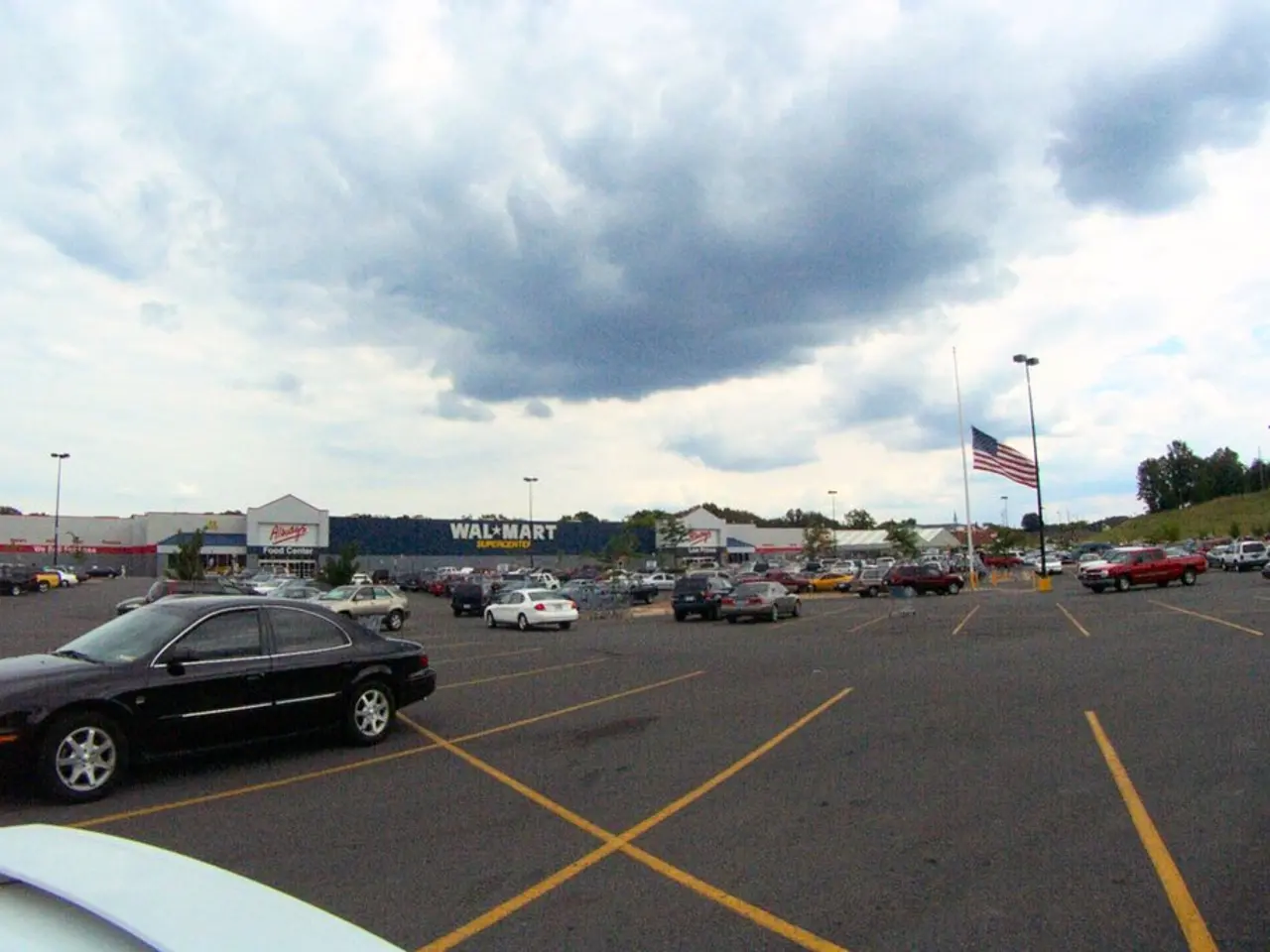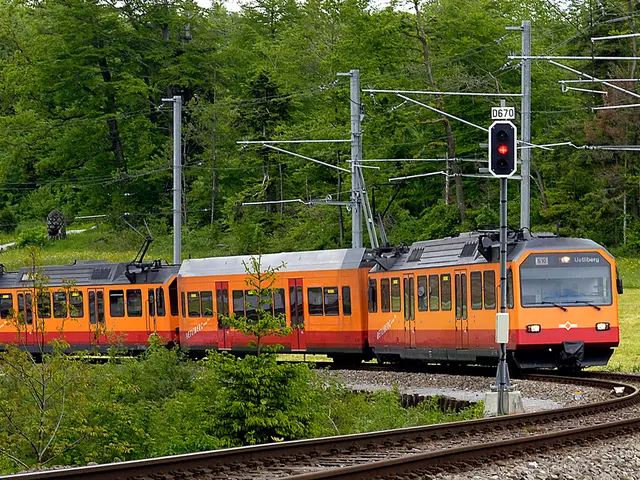Encouraging Kuwait to extend multi-tiered parking facilities and enforcing traffic authorizations more stringently
In an effort to tackle the growing traffic congestion in Kuwait, the General Traffic Department has put forth a series of proposals aimed at improving the country's road network and infrastructure.
One of the key areas of focus is the regulation of institutions like schools, particularly in the Sabah Al-Salem area. It has been discovered that some school licenses were issued without traffic studies or technical approvals, and the department has emphasized the need for stricter adherence to master plans to account for population and traffic growth. As a result, construction and expansion licenses for schools will be suspended until traffic impact studies are reviewed.
Another important aspect of the proposals is the development of multi-level parking facilities. While no specific Kuwait-based reports on multi-level parking developments were found, experts in the field of urban planning and traffic management advocate for such solutions to balance demand and ease congestion. The proposals also include encouraging private sector investment in multi-level parking, which could potentially lead to the introduction of innovative parking solutions such as shared parking between office and residential buildings, parking reservation apps, and extended paid parking zones.
The department has also requested the Municipality to submit final recommendations to address the issue of random truck parking. The coordinated efforts to address road congestion focus broadly on infrastructure enhancement and traffic management rather than detailed logistics like truck parking.
In addition, the General Traffic Department has called for a comprehensive traffic study of Kuwait's road network. This study would provide valuable insights into the current state of the country's traffic situation and help inform future infrastructure decisions.
The proposals also emphasize the need for transit-oriented development approaches, which aim to increase public transportation use and reduce reliance on private vehicles. This could be achieved through the allocation of sites for parking construction in high-traffic commercial areas and planning for multi-level parking in future developments.
It is important to note that the department does not specify the source of the news update. However, these proposals align with broader trends in the Gulf Cooperation Council (GCC) and urban areas, which promote similar measures to address traffic congestion.
In summary, while no detailed official updates on school licenses, multi-level parking, or truck parking regulation were found recently for Kuwait specifically, experts emphasize the importance of strategic planning, efficient traffic and infrastructure management, and adoption of modern parking solutions as key to alleviating congestion. Implementation insight from GCC-wide trends suggests Kuwait would benefit from similar measures, including transit-oriented development and regulated, technology-enabled parking systems.
- The proposals for the improvement of Kuwait's road network and infrastructure also include the adoption of transit-oriented development approaches, which involve enhancing public transportation use and reducing reliance on private vehicles by allocating sites for parking construction in high-traffic commercial areas and planning for multi-level parking in future developments.
- In addition to focusing on the regulation of institutions like schools, the General Traffic Department's proposals also emphasize the importance of finance and transportation sectors working together, as the implementation of innovative parking solutions like shared parking between office and residential buildings, parking reservation apps, and extended paid parking zones requires private sector investment in multi-level parking facilities.




